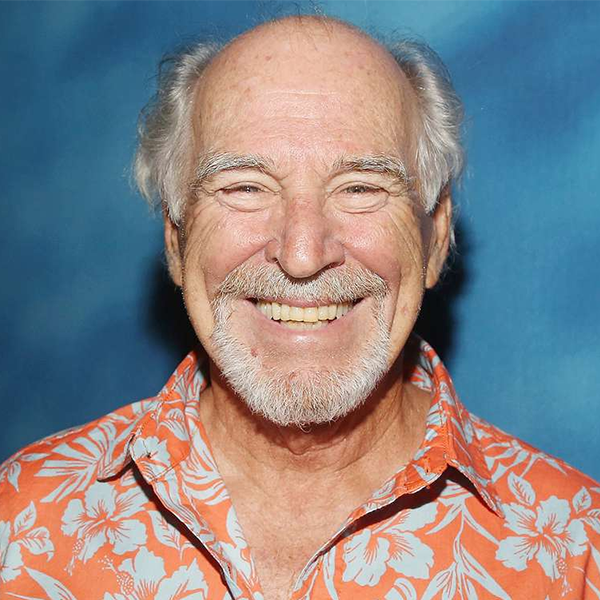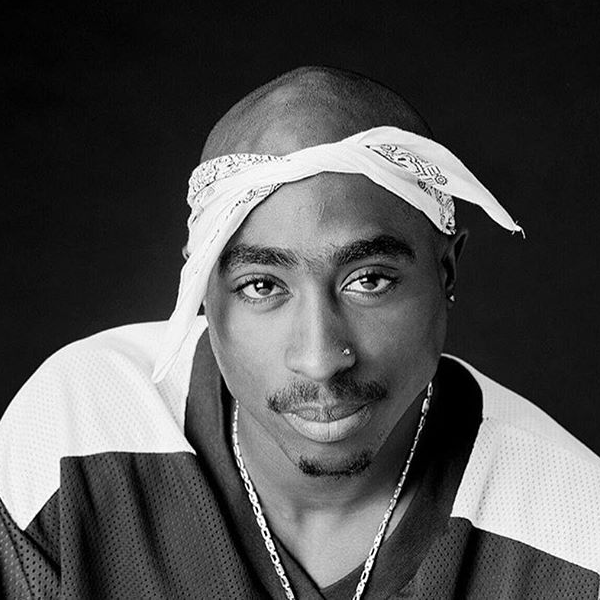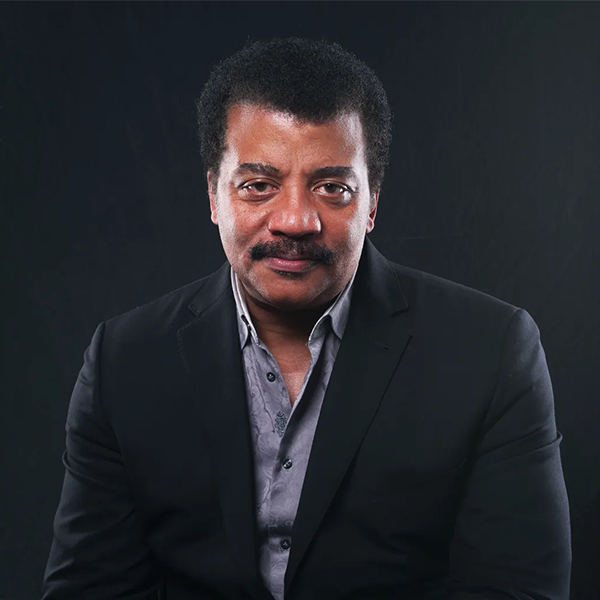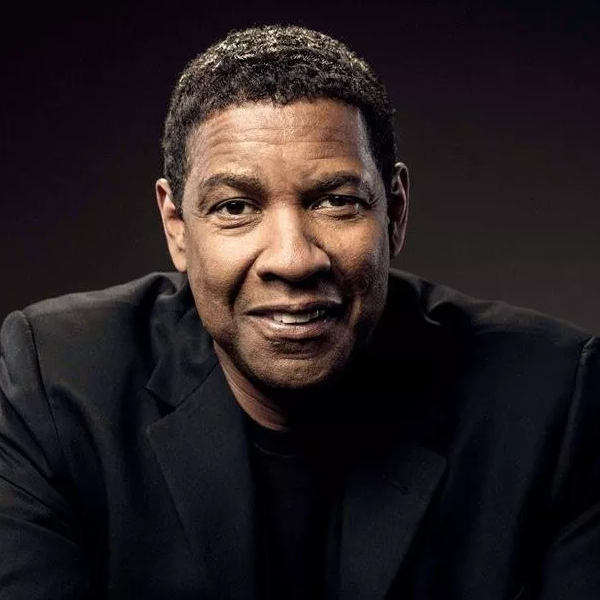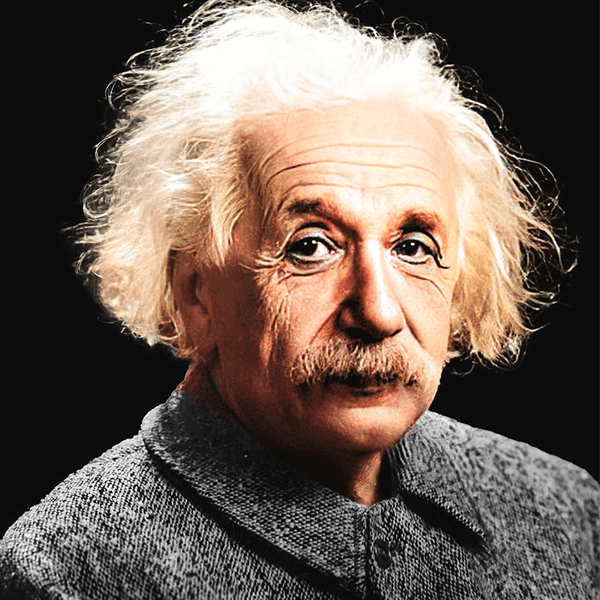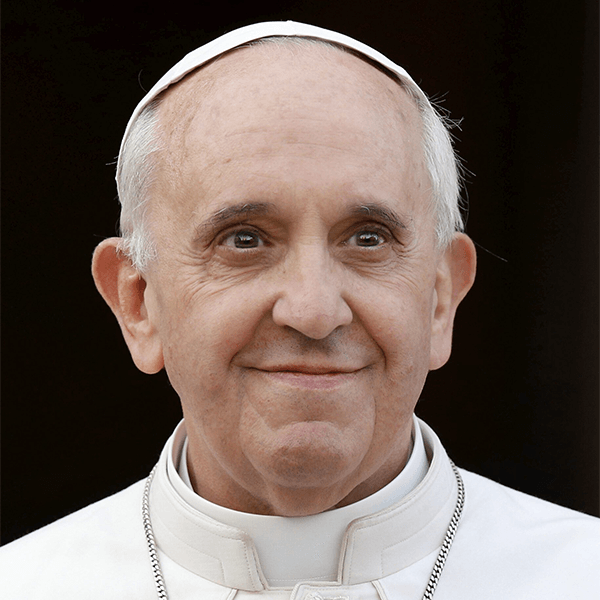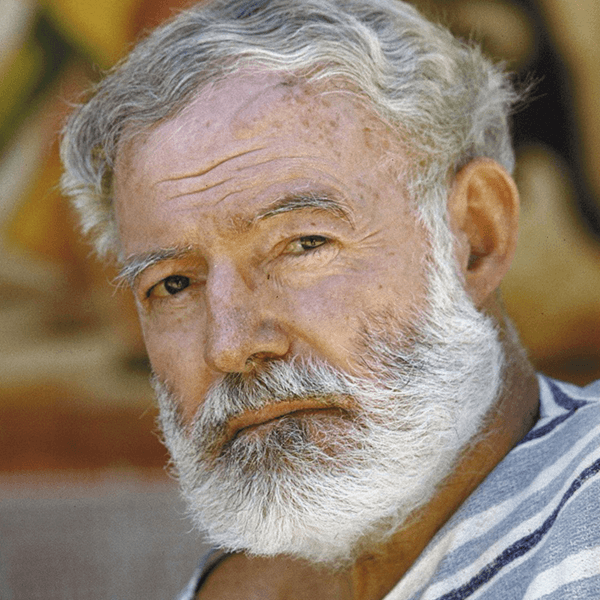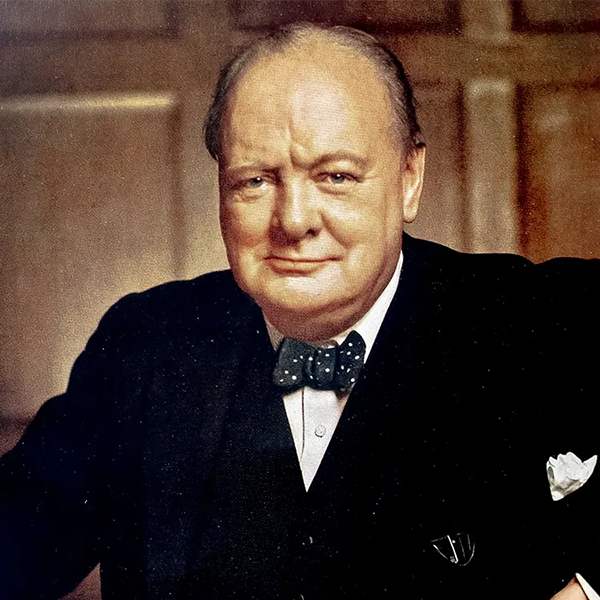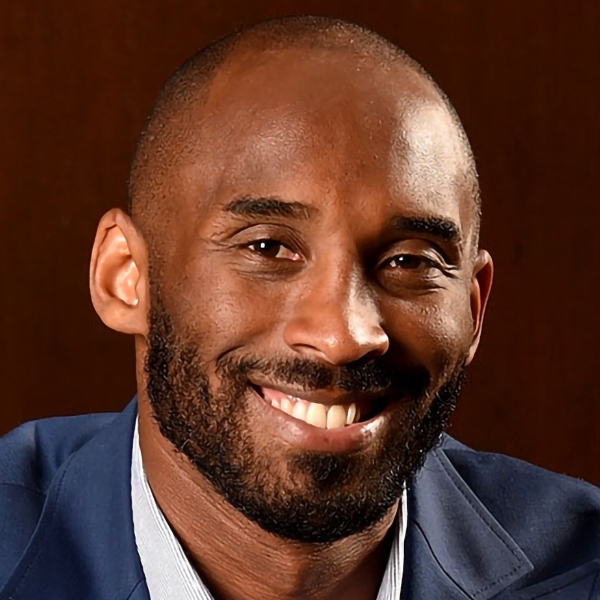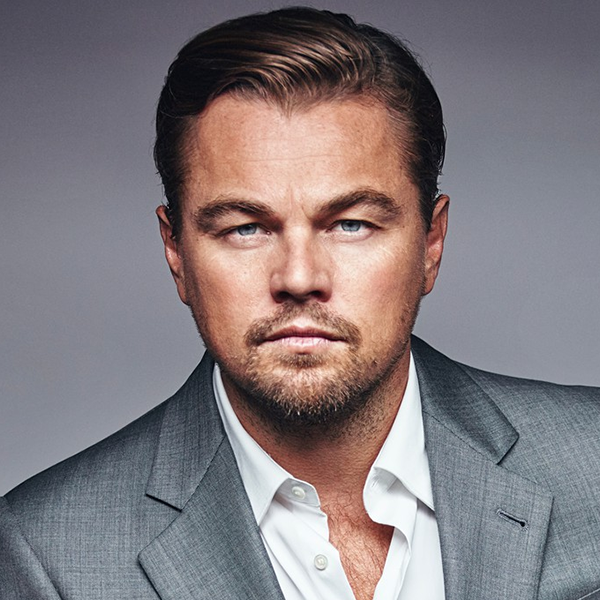David Bowie, an iconic figure in the world of music, was known for his eclectic style and groundbreaking contributions to the music industry. Born David Robert Jones in London in 1947, Bowie's career spanned over five decades, during which he reinvented himself and his music numerous times, influencing many genres from glam rock and punk to electronica and pop. His alter egos, most famously Ziggy Stardust, allowed him to explore different musical styles and societal themes, cementing his status as a pioneer of contemporary music and culture. Bowie's hits like "Space Oddity," "Heroes," and "Under Pressure" remain timeless classics that continue to resonate with audiences around the world.
❝I'm a real self-educated kind of guy. I read voraciously. Every book I ever bought, I have. I can't throw them away. It's actually a burden.❞ — David Bowie
Bowie's intellectual pursuits extended far beyond music; he was an avid reader with a deep love for literature. His wide-ranging tastes included classics, contemporary novels, historical biographies, and philosophical texts. This love of books not only influenced his songwriting—often weaving complex narratives into his lyrics—but also informed his views on life and art. Bowie's personal library was extensive, reflecting his voracious appetite for knowledge and his interest in a plethora of subjects, from the occult to modern art. His reading habit fed into his artistic process, often providing inspiration for his music videos, stage designs, and public personas.

